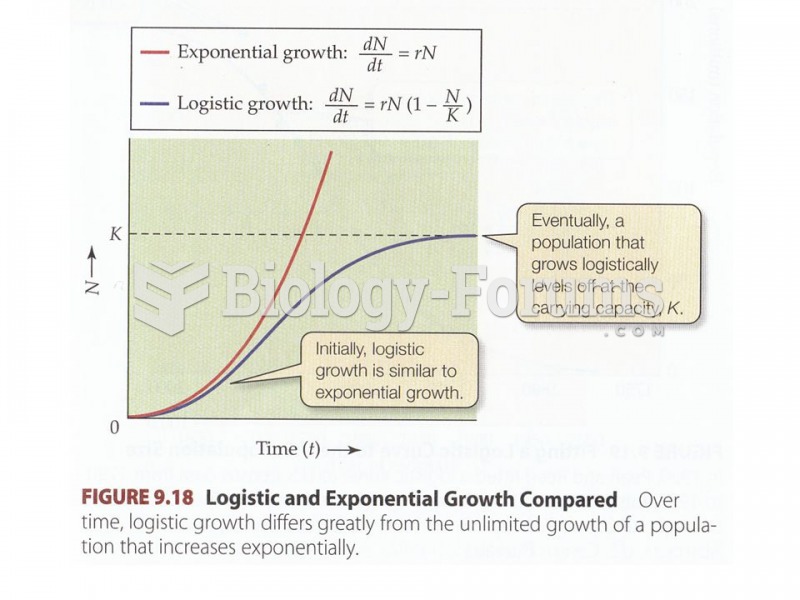growth
Match each statement with the correct item below.
a. Change over time in the structure, thoughts, and behaviors of an individual due to biological and environmental influences.
b. The principle that describes motor development as progressing from the midline of the body outward to the extremities; thus, chest, shoulders, and upper arms come under control before the hands and feet.
c. The name given to Vygotskys theory of mental development in which the emphasis is shifted away from the child in explaining development and to the influence of the individuals social or cultural environment.
d. A theory that holds that development occurs in a steplike fashion, with each step or level qualitatively distinct from, and more complex than, previous levels.
e. A condition in which an individuals response to a stimulus has rewarding or satisfying consequences.
f. Assumes that the developing child participates in the developmental process and literally constructs his or her own reality.
g. The first stage in Piagets theory of cognitive development; in this stage, the infant learns about his environment by active manipulation of the objects in it.
h. Increase in size, function, or complexity to some point of optimal maturity; associated with quantitative change.
Question 2
development
Match each statement with the correct item below.
a. Change over time in the structure, thoughts, and behaviors of an individual due to biological and environmental influences.
b. The principle that describes motor development as progressing from the midline of the body outward to the extremities; thus, chest, shoulders, and upper arms come under control before the hands and feet.
c. The name given to Vygotskys theory of mental development in which the emphasis is shifted away from the child in explaining development and to the influence of the individuals social or cultural environment.
d. A theory that holds that development occurs in a steplike fashion, with each step or level qualitatively distinct from, and more complex than, previous levels.
e. A condition in which an individuals response to a stimulus has rewarding or satisfying consequences.
f. Assumes that the developing child participates in the developmental process and literally constructs his or her own reality.
g. The first stage in Piagets theory of cognitive development; in this stage, the infant learns about his environment by active manipulation of the objects in it.
h. Increase in size, function, or complexity to some point of optimal maturity; associated with quantitative change.







